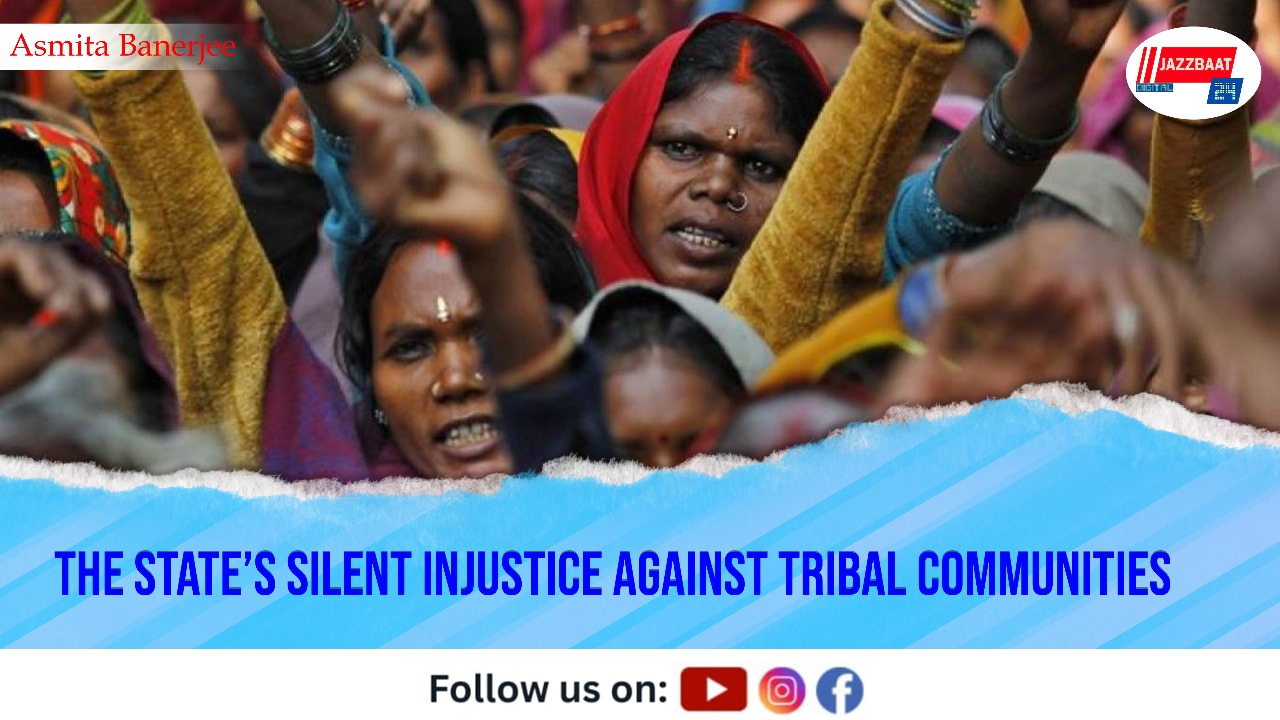In the shadowed corridors of Indian justice, another tribal woman has walked out of prison after being acquitted in every case, only to find herself bundled into a police vehicle, this time with no warrant, no notice, and no answers for her waiting husband or lawyer. Parvati Sandmek, who spent six years behind bars based on flimsy charges, stepped free from the Nagpur prison and was immediately taken away by plainclothes officers to an undisclosed location, without any legal paperwork provided to her family. This was not a legitimate rearrest; it was intimidation by another name, unfolding in plain sight while those meant to protect, instead, perpetuated fear.
Her ordeal is a grim echo of stories repeated across tribal India. Police, under the pretext of Maoist threats, sweep up villagers, men and women alike, holding them for years as undertrials, later releasing most for lack of evidence but never returning the years stolen. The state’s silence on accountability is as loud as its violence. Petitions for FIRs get rejected, lawyers are stonewalled, and even after acquittal the same machinery, ironically now claiming old warrants or routine questioning, refuses to follow the rule of law. No court order can truly return what was taken from Parvati or families like hers, constantly suspended between fear, hope, and state excess.
This is not simply a tale of individual injustice. It is a damning pattern. Recent cases in other states echo the same rot. Tribal citizens are wrongly accused, imprisoned, acquitted after years, and still denied real freedom because police and investigative failures go unpunished, with compensation and accountability fought for at every step. For every Parvati, untold others wait, trapped in the gap between the law as it is written and the law as it is practiced.
Indian democracy owes its most vulnerable much more than hollow words about justice served. It demands not only the restoration of individual freedom, but public acknowledgement, compensation, and consequences for state authorities who ignore due process.
How can justice be called justice when the acquittal of one moment is immediately undone by threats, re-arrests, or silence from the system? What message does it send when those who are falsely imprisoned endure years of trauma with no accountability for officials responsible?
This is a direct assault on faith in public institutions and the rule of law. The brutal treatment meted out to tribal citizens reveals deep-rooted prejudices and structural failures, sustained by outdated colonial laws and discriminatory practices that continue to criminalize entire communities.
Until there is urgent reform, transparency, and enforcement of legal safeguards, the cycle of injustice will persist. Every acquittal is haunted by the threat of the next abduction; every release from jail is a brief, uncertain truce in a war waged on the powerless by those sworn to uphold the law.
